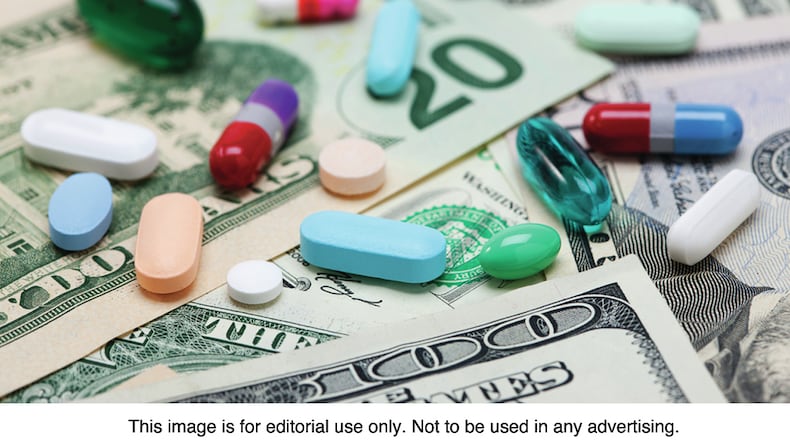You likely have seen the commercial. It’s one of those, “What’s in your wallet?” ads for Capital One and has the usual message.
Dear Consumer: If you’re piling up bonus cash while using your charge card, you shouldn’t be cheated by some company that places all kinds of restrictions on what you can spend your bonus cash on.
RELATED: Million-dollar drug keeps local woman alive
It should pure and simple: You spend X amount of money, you get a straight percentage of that money in bonus cash, you spend it any way you want.
After all, you earned the bonus.
To underscore the message, this version of the commercial shows Samuel L. Jackson walking over a valley on a natural stone bridge. As he walks along, pieces of bridge that appeared to have been solid start disappearing beneath his feet, threatening to leave him in mid-air.
With some simple changes in the script, it would be the perfect commercial to illustrate the way many of us feel about health care.
Sure, there are contracts, fine print and policies that try to balance the risks for us as we sign for our insurance plans, often through our employers. But, in fact, paying a premium is an act of trust made in the belief that, should a serious illness come, the ground beneath us won’t disappear. It’s part of what some call a larger social contract.
Although some campaign rhetoric seemed to say that all that is wrong with health care is the result of Obamacare, the bigger issue is this: That our individual financial and physical health can be ruined by an illness that falls between the lines of fine print of a contract we never read.
DETAILS: Consumer beware: Drug discounts may contain catch
When complaints about the rising rates of Affordable Care Act premiums were being bandied about on the campaign trail, I was saying to myself that I wished the percentage increase of my retiree health care were so low.
Don’t get me wrong. I’m not complaining. But it took only two years for the amount of my contribution to my health care to exceed the small pension I also receive. I want to be clear here. That pension is a small part of the overall retirement package, which also included a solid 401K program with employer contributions that brought us into the new era.
Still, I don’t know many people who aren’t worried about the increase in premiums and the increase in the cost of prescriptions.
A couple of years ago, I talked to a man I consider to be moderately conservative who had concluded that his wife stopped getting the treatments once considered to be optimal for her arthritis-related condition because of the increased cost of the drug she was prescribed.
She ended up being prescribed a fraction of the same drug to make up what he assumed to have been the cost involved. The look on his face showed his sense that the difference in the money available was paid by his wife’s pain and decline in function.
He told me he’s not an expert in all of this, but that there surely must be someone around who could figure it out in a better way.
READ MORE: Patients suing insulin makers over rising prices
As for the rhetoric that health care might someday return to a golden age when the relationship between doctor and patient will be unrelated to the cost involved — I don’t believe there will be such a time.
I believe there always will be an accountant in the room. I also suspect that the person most critically involved in ensuring my health may not be my doctor, as much as I like him. I suspect it instead could be the person in the office who knows how to most effectively manage the vagaries of billing so that patients can get the care they need.
With talk of significant changes to Medicare and Medicaid in the offing, there are growing worries that the groundwork for many people’s retirements and futures are disappearing underfoot like the land in the Capital One commercial.
And these days when I hear Samuel Jackson or Jennifer Garner or someone else pose the question “What’s in your wallet?” I get the sinking feeling that, whatever it is, it may not be enough.
About the Author
